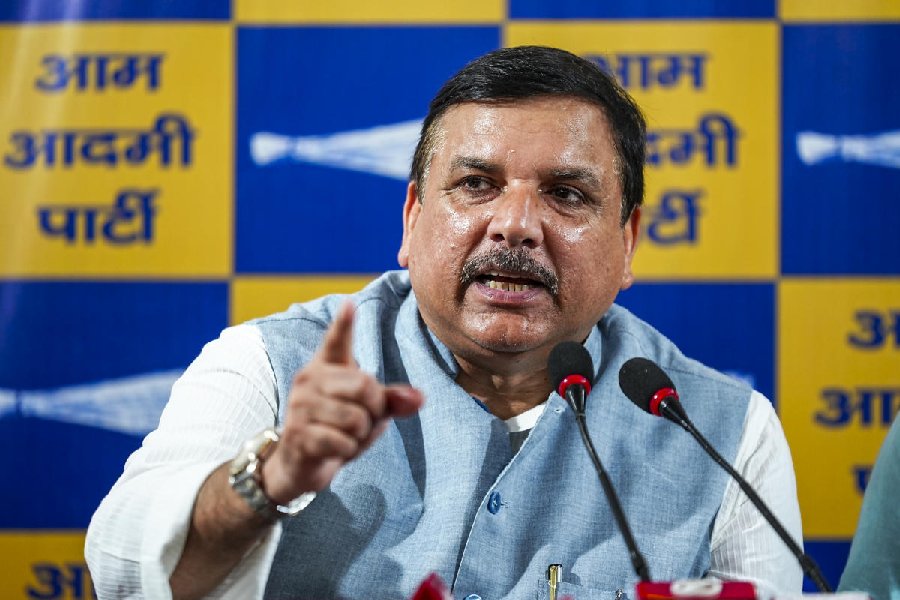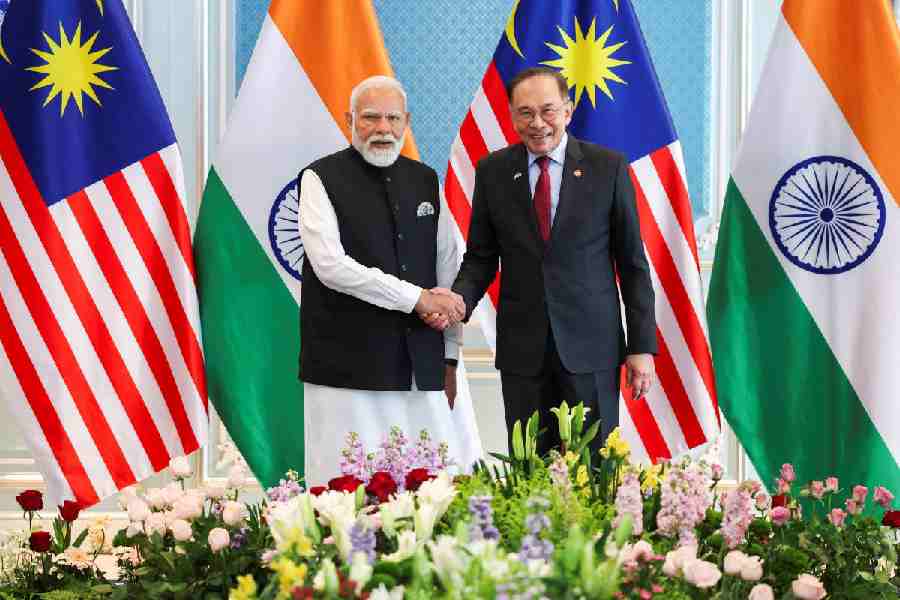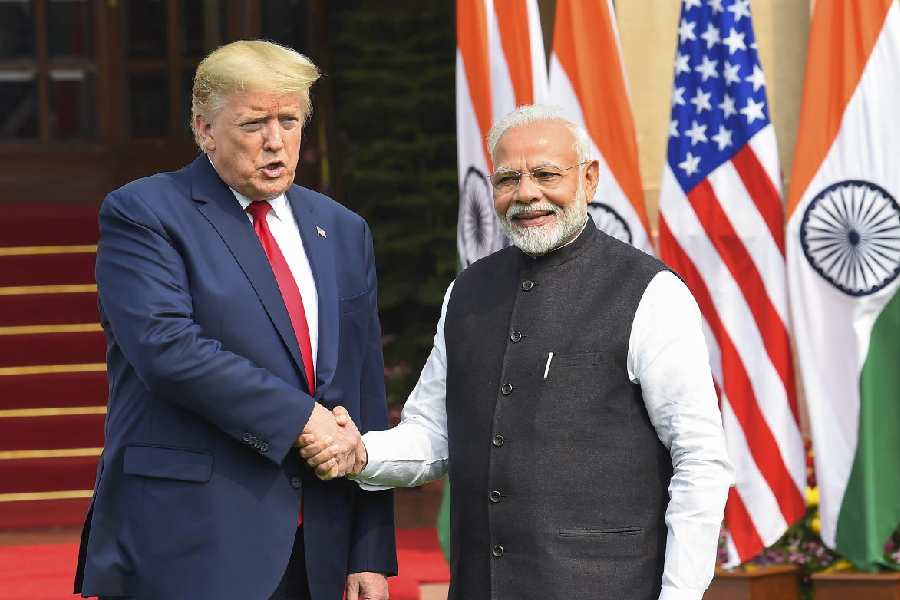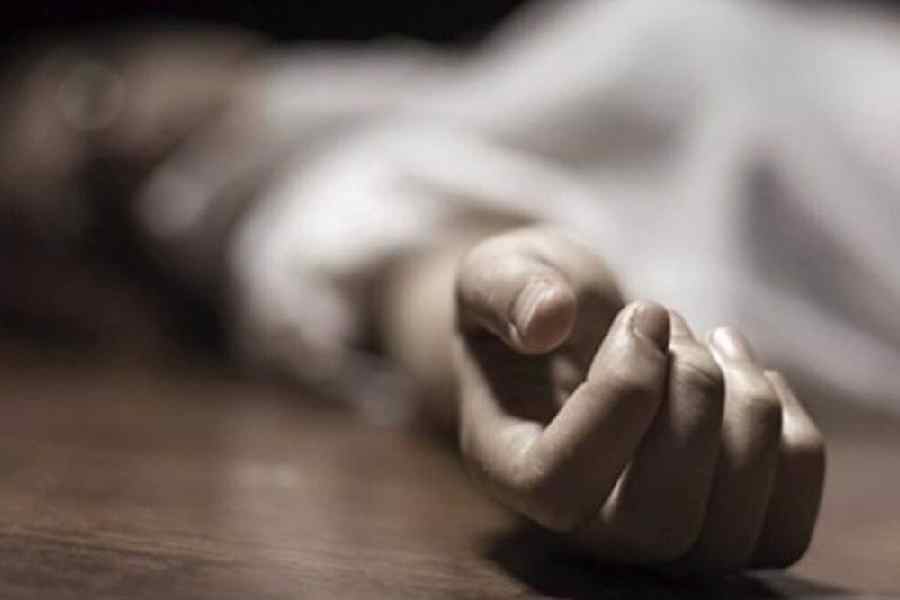 |
 |
| PARDON PLEAS: Arivu’s mother with copies of his book; (above) the gallows in Vellore jail where Arivu and two others may be hanged |
A Tamil language school teacher keeps a lonely vigil in his modest, two-storey house in Jolarpet town, on the foothills of the scenic Yelagiri hills, near Vellore in Tamil Nadu.
Time hangs heavily for the retired teacher, T. Gnanasekaran — better known as Kuyildasan — as he mulls the fate of his only son, Perarivalan, sentenced to death for his role in the assassination of former Prime Minister Rajiv Gandhi in Tamil Nadu in 1991.
Inside the jail, the son worries about his parents. “I have spent half my life behind bars. My parents’ peaceful life has been crushed,” says Perarivalan, 40.
The execution had been slated for September 9. But Perarivalan alias Arivu, along with two Sri Lankans, T. Suthendraraja alias Santhan and V. Hariharan alias Murugan, all accused in the assassination case, escaped the hangman’s noose by a whisker when the Madras High Court recently stayed their execution till October end. The death sentence for the fourth accused, Nalini — Murugan’s wife — was commuted to life over 10 years ago.
But Kuyildasan is not encouraged. Nothing has changed, he says with weary cynicism, seated in his terrace room littered with books, newspapers and magazines. Photographs of Tamil leaders E.V. Ramaswamy Periyar and K. Kamaraj hang on the walls of his room, along with a picture of LTTE leader V. Prabhakaran as a young man.
“I have no reason to relax and rejoice because of the Madras High Court’s stay on the hanging of my son. The case has gone back and forth for so many years now,” he says. Kuyildasan, an atheist, does not believe in prayer but hopes a miracle will save his son.
According to Bombay High Court advocate Yug Choudhary, legal co-ordinator for the three convicts, the Madras High court will deliver a judgment after hearing the “cause” and the consequences of the delay in settling the mercy petitions of the three accused.
“There is no time limit for the President of India to decide mercy petitions,” says Choudhary. “However, 11 years is a gross delay by any standards.”
The point is stressed by Murugan as well. “I have been swinging between life and death for these past many years… I have suffered enough,” he says in a petition to the Madras High Court. He and his family have gone through a “living hell, not knowing whether I would live or die and whether I would live to see another day or draw another breath or whether that day and that breath would be my last.”
While Kuyildasan tussles with his demons alone at his home, his wife Arputham spends time in Chennai to muster support for her son by meeting people and organising rallies and street meetings. A 40-day relay fast is on to stop the hanging of the three convicts.
“Arivu keeps telling us to be strong,” says Arputham. “Everything will turn out right in the end, he tells us, reassuring us, instead of the other way around. I cannot give back his youth but dream of the day he will be free,” she says.
Arputham visits her son with a bag of biscuits and fruits almost every Thursday. “When I meet him, we talk about how life has changed and modernised in the world outside,” she adds.
These days, Perarivalan and the other convicts pass their time in prison holding consultations with lawyers, and following the news of the case. Their earlier years were spent in distance education, as they earned diplomas and degrees in computer applications. They have also helped other prisoners prepare for examinations.
Perarivalan has even written a book — An Appeal from the Death Row — detailing his “torture” in prison and how he was “framed” in the assassination.
“Twenty years ago, when the tragedy occurred, an innocent 19-year-old boy was thrust forward in society as a murderer. Today, the same society has raised its voice on the boy’s behalf,” he says in a hand-written and signed interview.
Perarivalan grew up in the railway junction town of Jolarpet, studying in the only government school where his father was a master. His two sisters and parents doted on him, the youngest in the family. The siblings were nurtured on the teachings of their father’s idol, Periyar, the founder of the Dravidar Kazhgam (DK).
He went on to earn a diploma in electrical engineering from a polytechnic in the neighbouring Krishnagiri district. Kuyildasan later sent him to Madras to stay with his friend P.S. Bhagyanathan — Nalini’s brother — who had recently bought a printing press. The rest is history.
“My wife and I handed him over to the CBI assuming it was a false alarm. They promised to send him back the next day but that never happened. He was accused of providing the battery cell for the bomb belt which killed Rajiv Gandhi,” says Kuyildasan.
A movement for commuting the death sentence has been gaining ground. Visitors, including politicians, have been lining up at the historic Vellore Jail, constructed in 1867, to meet the convicts on Tuesdays and Thursdays — the two days they are allowed visitors.
“They have served their punishment by spending 21 years in prison. Their youth has gone, and they have spent it waiting for death. It is like crying wolf all the time. Now they have gone numb,” says K. Kasi, an old-time DK member, in the prison to meet the death row convicts.
Not everybody, however, shares his sentiment. ‘League’ Mohan, the son of Congressman Munnuswamy, who died in the bomb blast along with Rajiv Gandhi, is angry about the increasing demand for pardon.
“Tamil Nadu’s people will not forget or forgive these people who killed not just Rajiv Gandhi, who was not an ordinary man, but 16 others,” he says. “If we allow the convicts to go scot-free it will become easy for youngsters to commit murder and come out of jail later to pursue a normal life,” says Mohan.
E.V.K.S. Elangovan, a senior state Congress leader, also believes that the convicts have to be hanged. “The world is in the grip of terrorism and this evil has to be eradicated. If terrorists are not punished we are encouraging them to take root in Tamil Nadu. The Supreme Court may pardon the prisoners but we will not. We will insist they be given the death penalty,” he says.
The case, clearly, is still being debated over. D.R. Karthikeyan, former CBI director and head of the Special Investigation Team that probed the assassination, believes that there is a case for commuting the death sentence to life. “If the sentence of one of the four (Nalini) has been commuted, then all have to be treated equally. The mental torture of filing a mercy petition 11 years ago and being in jail for 20 years is punishment enough,” he says.
Perarivalan, on his part, stresses that he is innocent. “It is true that it (the assassination) was an unbearable loss for Sonia, who lost her loving husband, and for Rahul and Priyanka, who lost their affectionate father. At the same time, their losses cannot be compensated by taking the life of an innocent man who was in no way connected with the murder conspiracy.”
The stay has brought some comfort to Perarivalan who holds that he feels “partially” relieved. But the shadow dance with death continues. “The noose is still around my neck,” he says.











